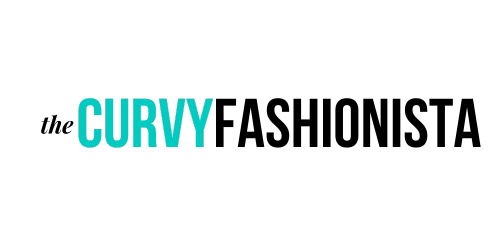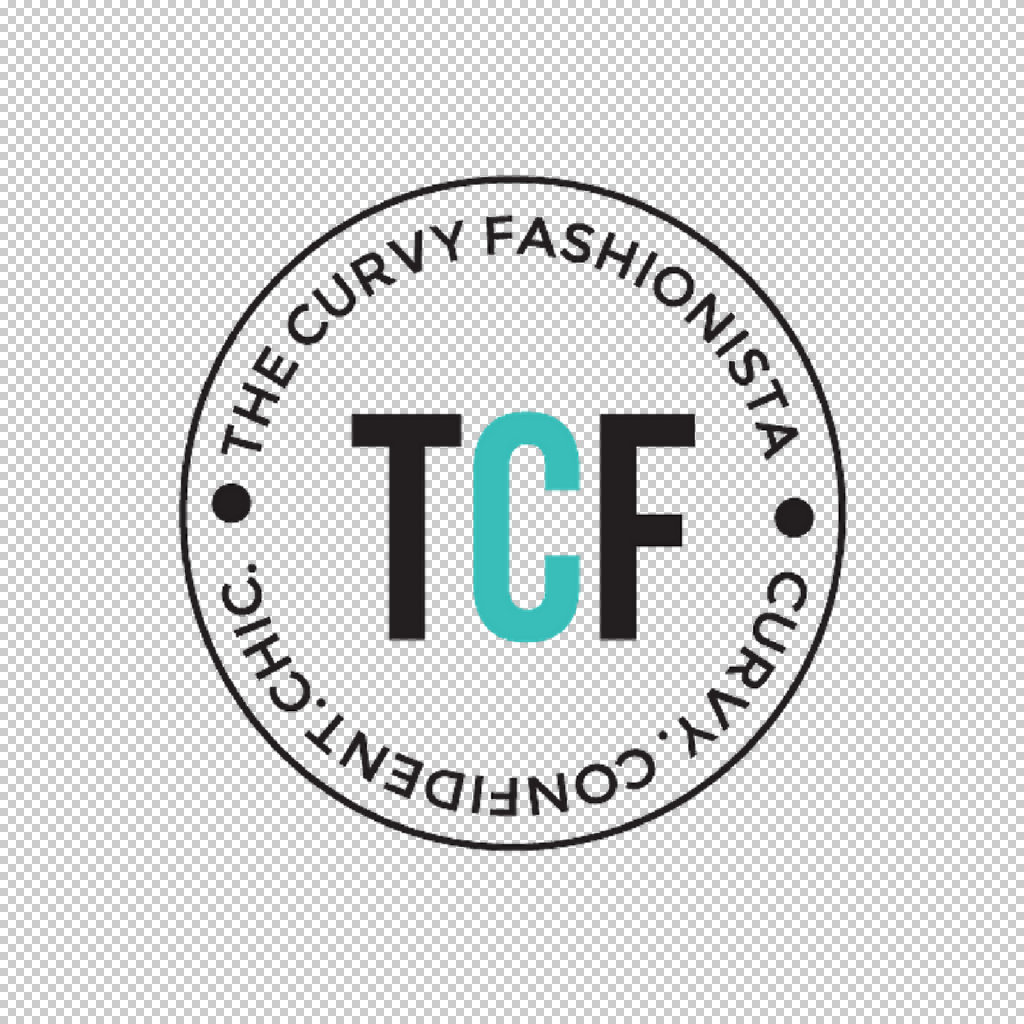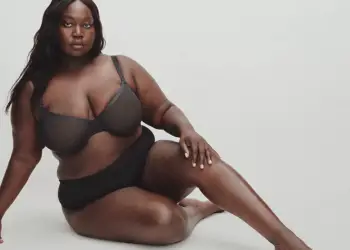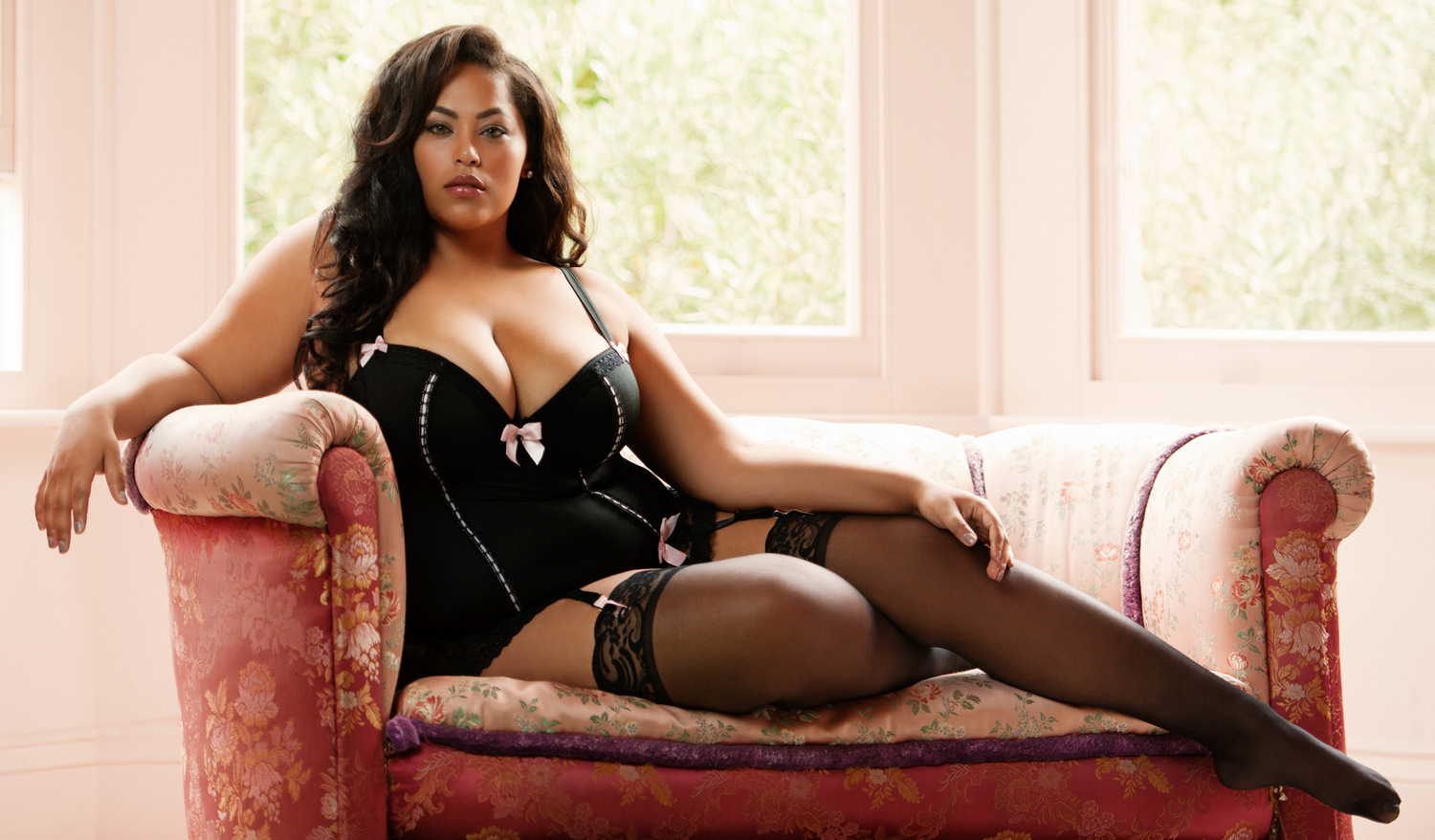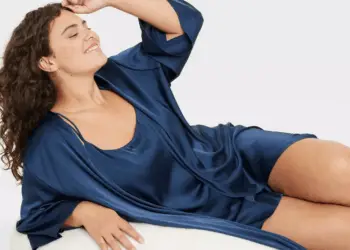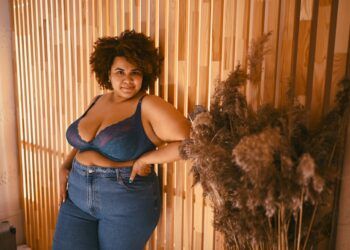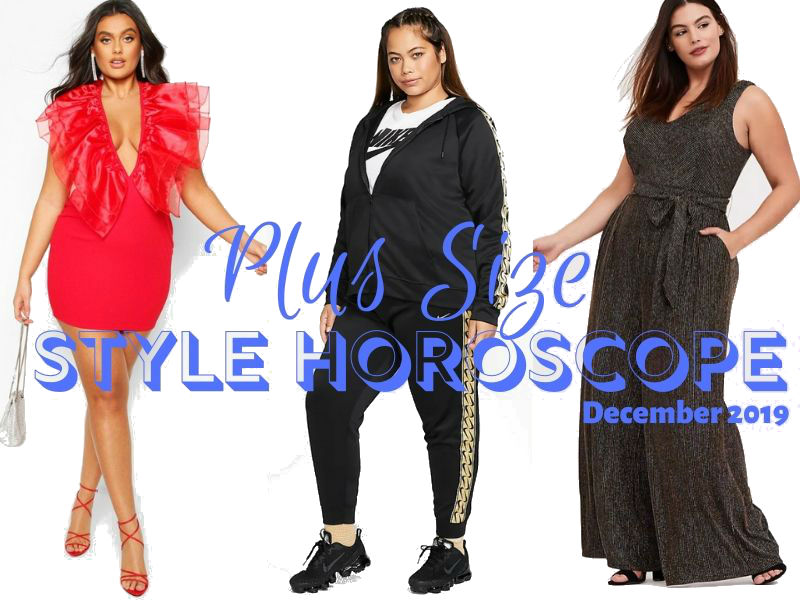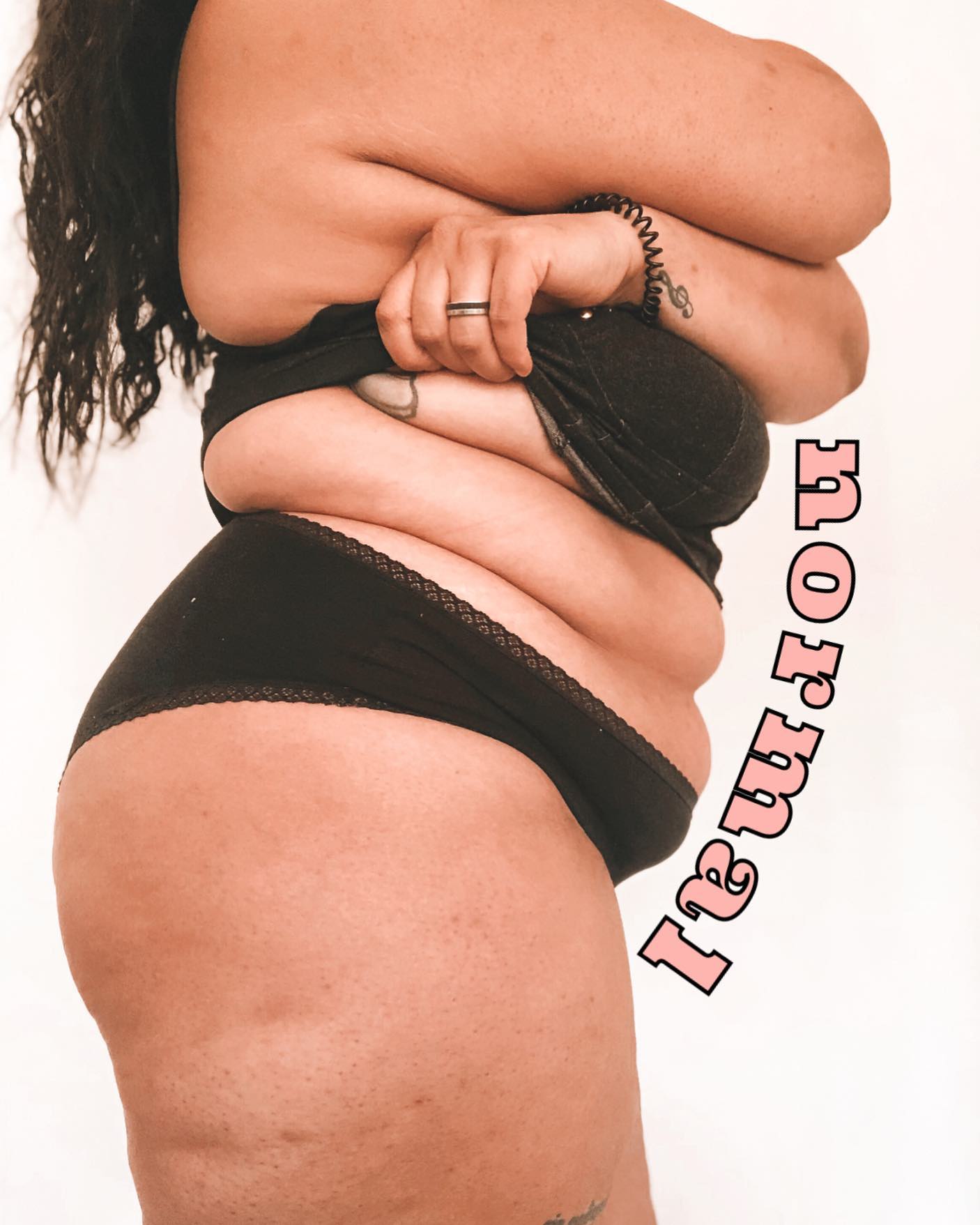In Our Year of Lizzo 2019 A.D., massive corporations still think that they can discriminate against marginalized folks and laugh their way all the way to the bank. We are talking about the Victoria’s Secret Fashion Show.
The Body Positive Movement said NO with their dollars and views by making last year’s annual fashion show the lowest viewed since its inception in 1995.
Formerly a parade of iconic glamazons and diminutive heavenly waifs walking down the runway with angel wings, glitz and large-scale pop music performances, VS’s parent company, L Brands, chose to call it quits this year.
SORRY NOT SORRY VS.
While television viewers of the once-celebrated event have dwindled, this announcement is even more monumental. It’s the first time we’re seeing VS and L Brands actually cancel a show. This quarter’s sales have dropped by 7%, which may be related to the gruesome scandal in which VS was linked.
Listennnn…
We are in a time when women and non-binary folks are grabbing the mic and saying “You do not represent my interests” with their dollars.
No longer are we married to companies simply because we might be able to squeeze a boob into their largest size. Add to the fact, you’d have to do it with two bra extenders digging into your back.
The Body Positive Movement is here to stay
Our conversations around bodily autonomy, self-compassion, and valuing our bodies (through literal thicc and thin) truly matter. And those conversations are making a visible difference in media and the world at large.
It is no longer about telling women who they should be, but allowing them the autonomy to decide for themselves.
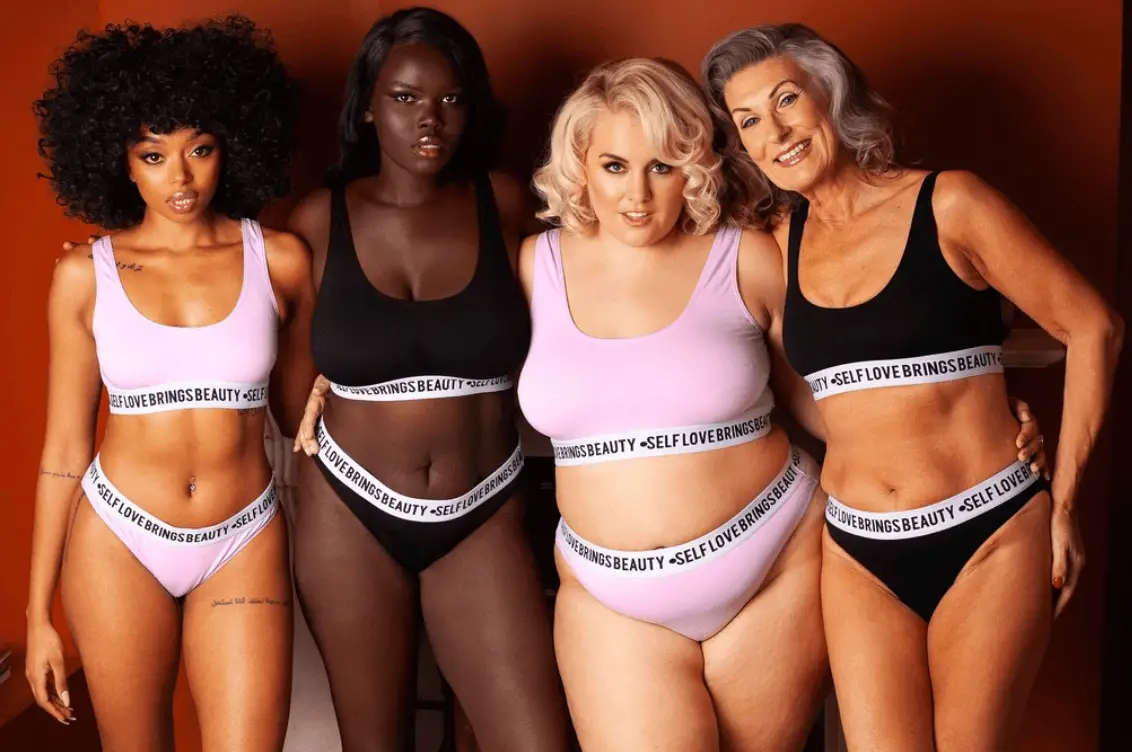
Victoria’s Secret has always been a brand built around the male gaze, period. That beautiful lace is not cut for plus-size people. At no time has that been made more clearly than when Ed Razek, Chief Marketing Officer of Victoria’s Secret parent company L Brands, told Vogue, “We market to who we sell to, and we don’t market to the whole world.”
OK, BOOMER.
That’s when the gloves should have come off for all of us, no matter our size.
Buh Bye Victoria’s Secret Fashion Show…
While one can respect a well-thought niche marketing vision, Victoria’s Secret has been all over the place with their claims of inclusivity. A vision that fits into the corporate vision of elderly white men. Those who need a little network tv thrill, to go along with their government subsidized Viagra.
Meanwhile, women struggle to have their reproductive health in the form of cancer screenings, hormones, birth control, and life-sustaining medications like insulin covered by the State.
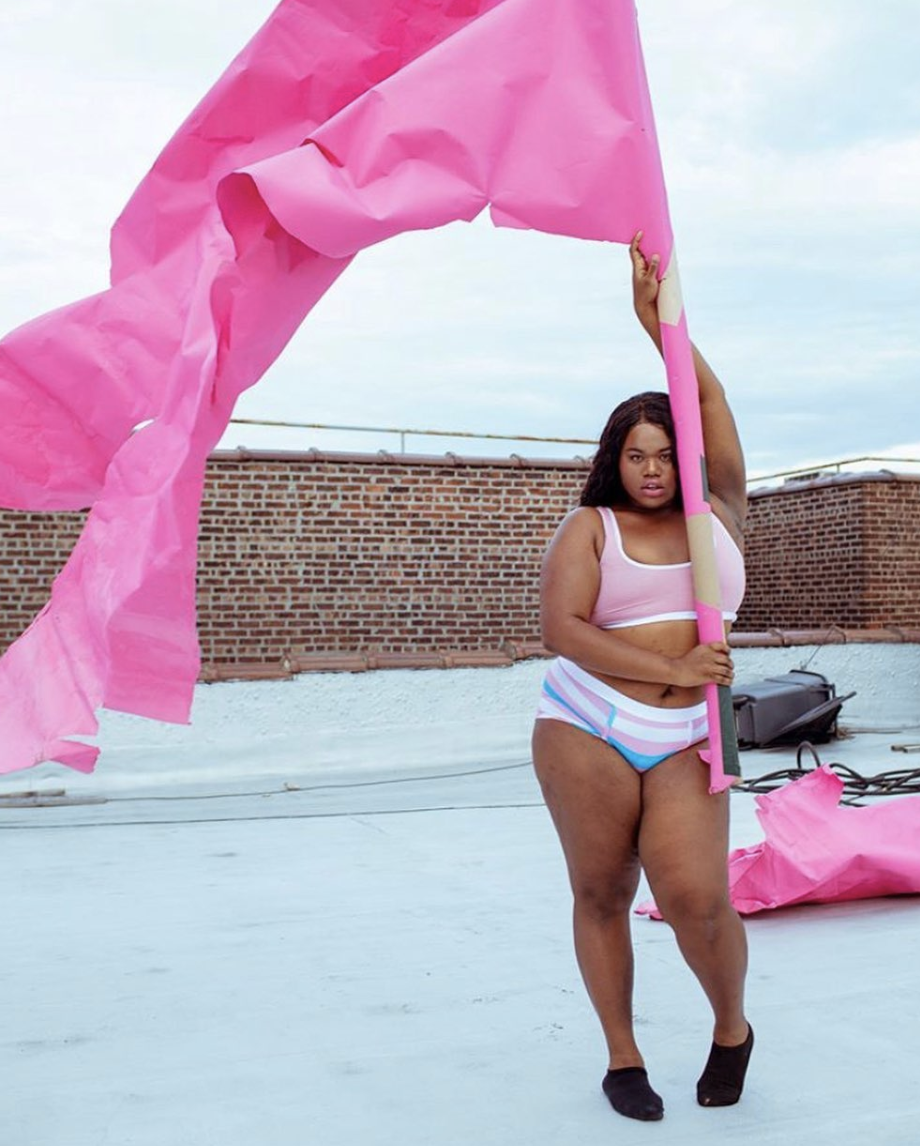
Trans plus size model Jari Jones called the brand out in an essay for Essence saying it was time to “cut the wings.”
This came on the heels of Chief Marketing Officer of L Brands, Ed Razek’s comments to Vogue in November 2018. Here, he notoriously shared that plus size and transgender models don’t represent the fantasy VS is selling.
By fantasy, it seems Razek and the L Brand team meant tired beauty standards centering the validation of men.
The demise of the Victoria’s Secret Fashion Show should act as a warning for other brands.
It’s time that retailers see that promoting aspirational and exclusionary beauty standards is bad for business. The idea that beauty is reserved for a chosen few is an idea the public no longer wants to get behind.
This is why brands like gender neutral underwear line, TomboyX, is receiving millions in funding as VS’s sales decline.
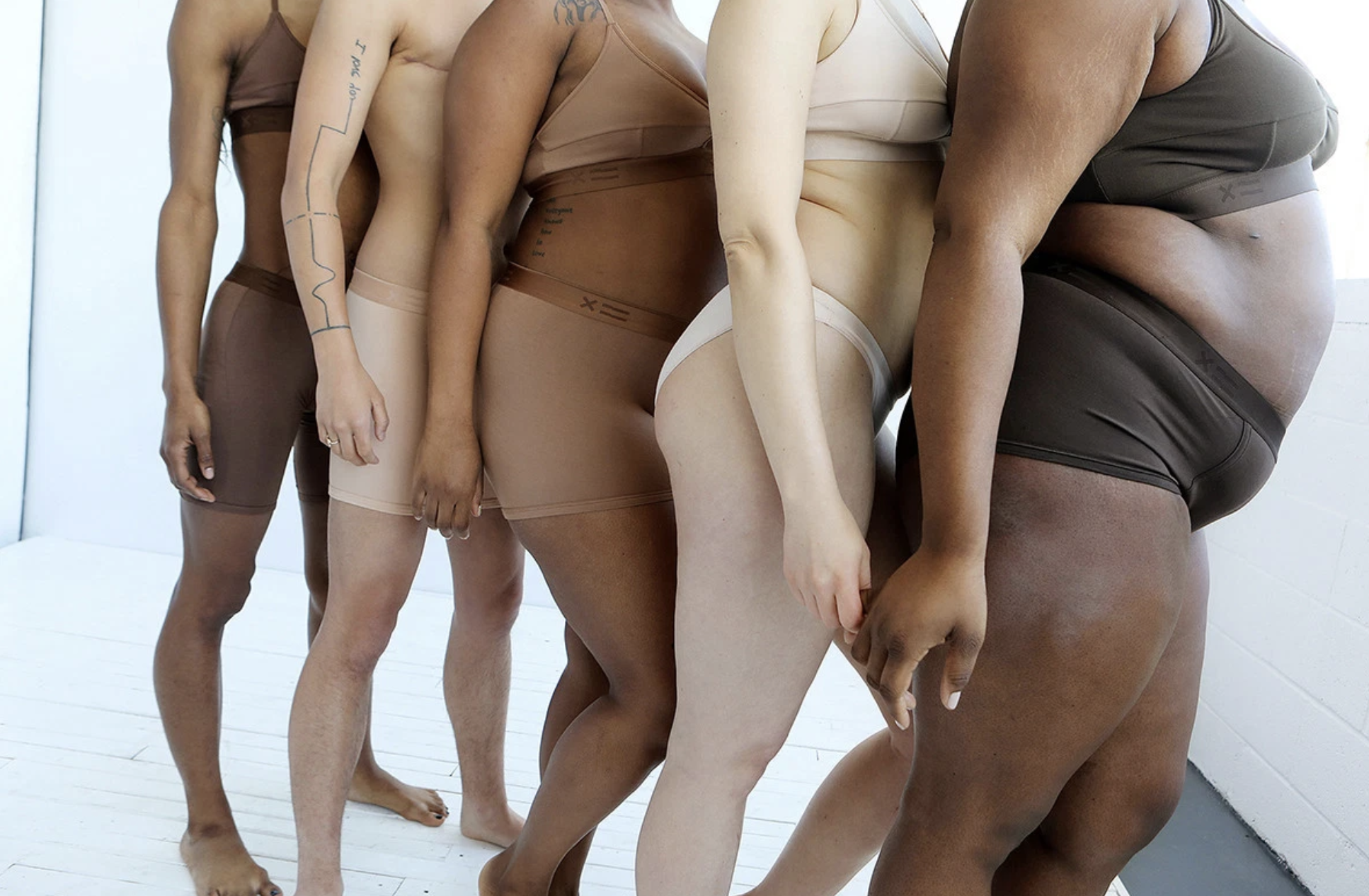
Victoria’s Secret has been challenged with alienating clientele through flippant dismissals of discriminatory practices and a business model built upon the male gaze. Last year’s Victoria’s Secret fashion show fell flat, with the lowest ratings since its inception in 1995.
Between a flat out refusal to feature actual industry-standard plus size bodies (which aren’t even fat, but that’s another article) and trans-exclusionary hiring practices, CMO Razek retired from the iconic lingerie giant earlier this year.
Supporting the Size Inclusive and Plus Size Lingerie Brands
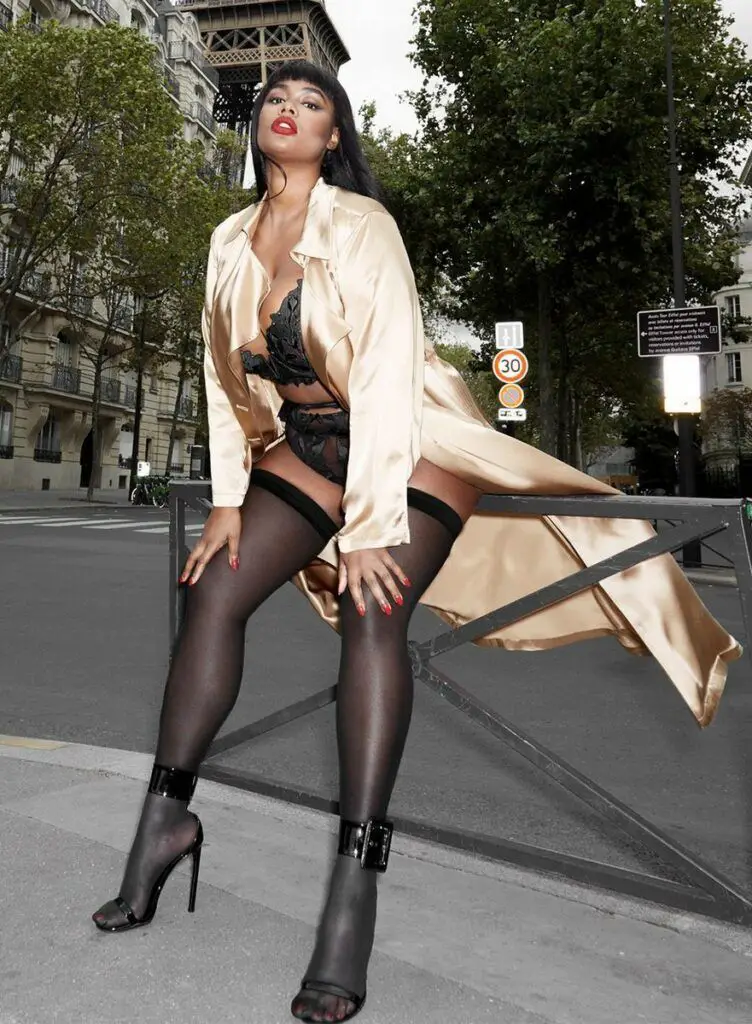
We must divest our consumer dollars from folks who do not represent our needs as a whole. Not just as plus size consumers. But as women, as parents, as queer folks, as trans folks, as friends, as teachers, and as supporters of one another.
There are brands out there who represent our needs and wants.
In the age of body-positivity, folks are replacing their external validation with true self-confidence. They are recognizing that their self-love is not a commodity.
Inclusive modern options like Impish Lee, Playful Promises, Vava Lingerie, and Bawdy Love, recognize that more and more people, especially millennials, are buying lingerie. It is because they like the way they look.
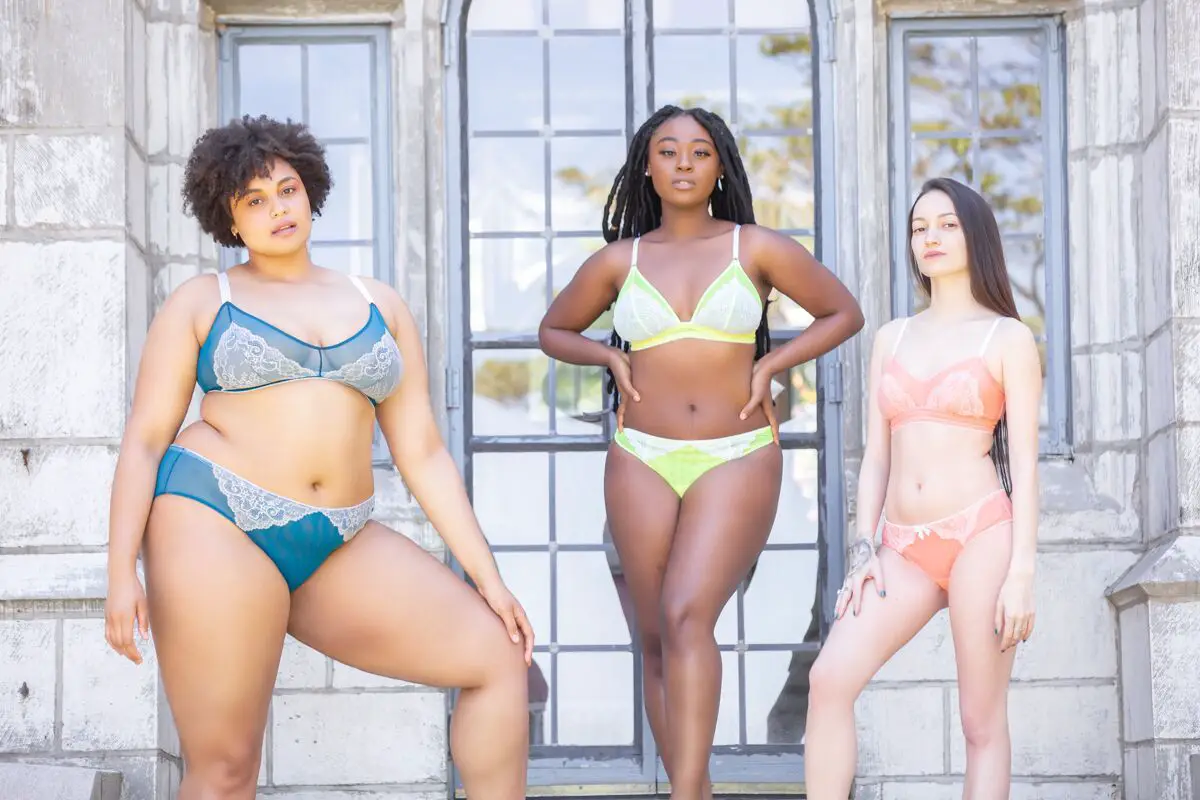
The consumer wants to feel sexy for themselves, not just for the male gaze. Not to mention younger generations are far more queer and internet-savvy! This makes them more comfortable with shopping online and skilled at finding what they want.
Your dollar is a vote; do we vote for fair treatment of workers and ourselves, or exclusionary and/or predatory practices that benefit neither?
With many options in brick-and-mortar stores as well as online, the plus size customer is no longer forced to shove themselves into cups that are too small and underwires that poke. Nor do we have to assemble a hodgepodge of bra extenders for a sexy night with our partners.
Modern customers place greater value on the ethos behind the brand.
What does an inclusive lingerie runway look like?
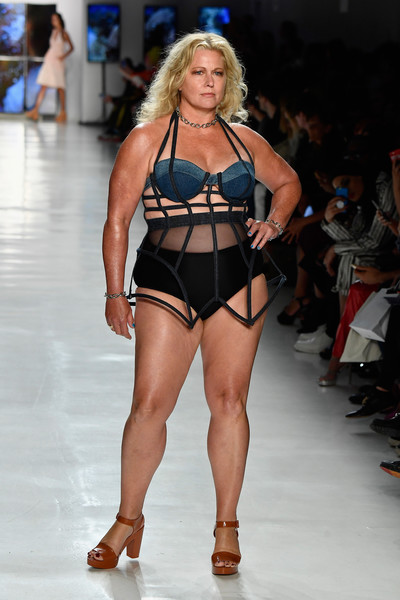
Chromat has been diversifying the NYFW runways for the past ten years. With a mix of architectural inspired lingerie and swimwear, Chromat’s models always span age, gender identity, size and ethnicity.
They are even responsible for putting the iconic 90s plus size model and icon, Emme back on the runway.
On an independent but still significant scale, shows like the dapperQ runway show at the Brooklyn Museum and KnockOut in Portland, all bodies are shown in all their glory without apology.
Other brands have followed suit making NYFW more size inclusive as the years go on. Savage X Fenty is still new on the scene but their runway shows have already done a good job showing VS what an inclusive runway looks like.
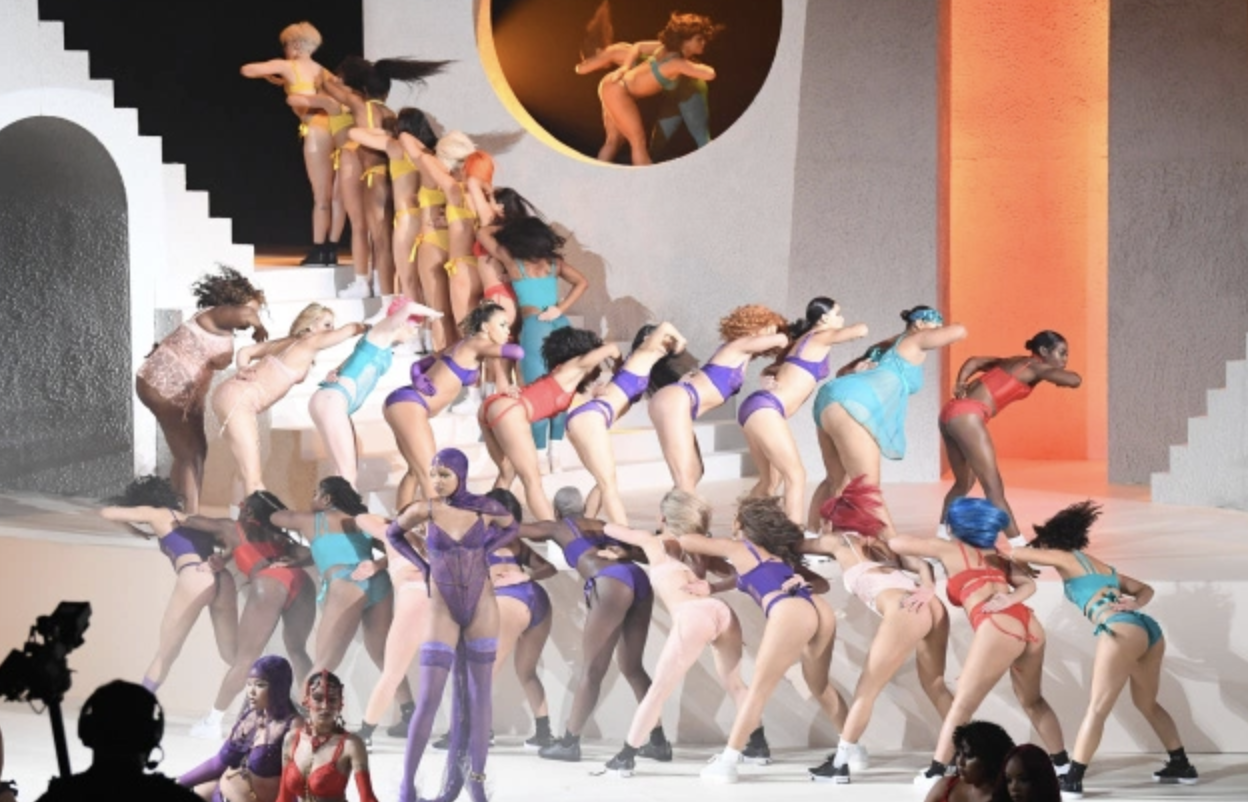
TCF Writer, Liz Black, called the Savage X Fenty 2020 runway show “Everything Victoria’s Secret Is Not.”
On an independent but still significant scale, shows like the dapperQ runway show at the Brooklyn Museum and KnockOut in Portland, all bodies are shown in all their glory without apology.
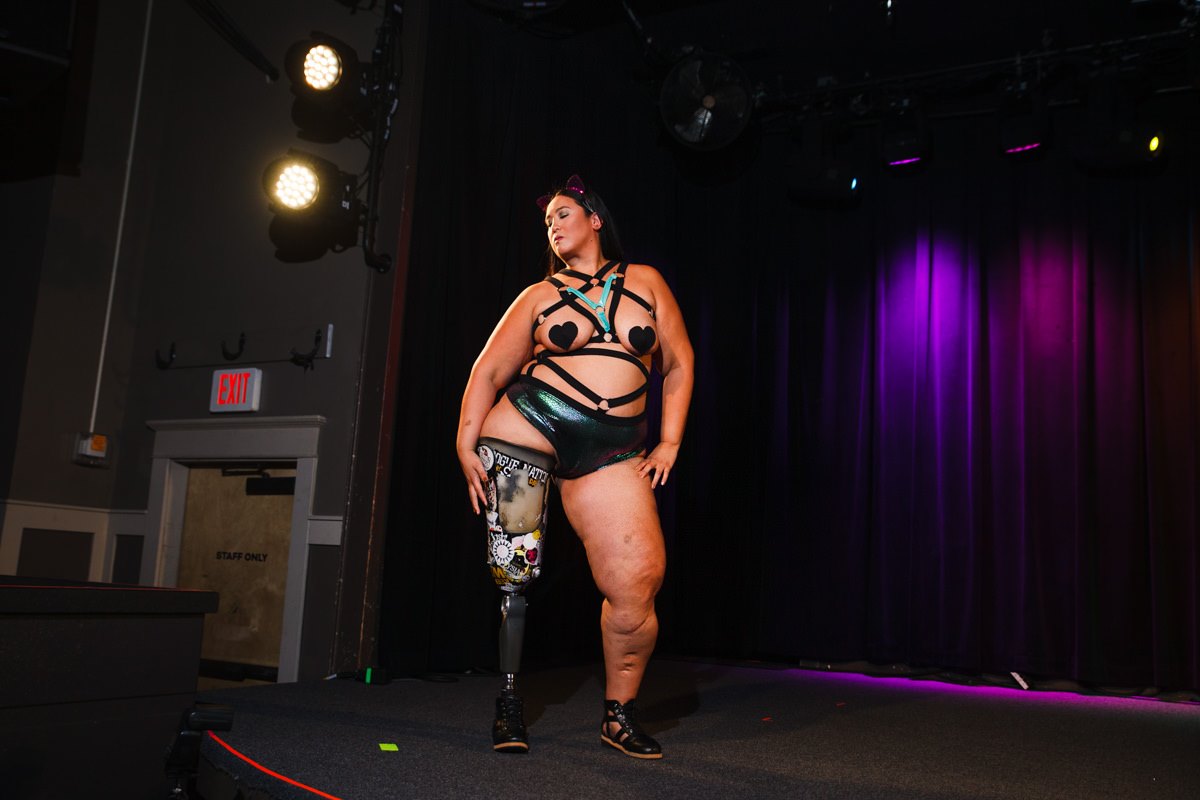
We can call out bad business practices and discrimination.
The only people benefiting from that are the ones behind the brand and never the consumer. When brands are forced to produce clothing that fits and show the bodies of the people whose money they want, plus-size customers like us get a shot at a more balanced world.
This includes foundation pieces to more representation in media and film. If people, especially kids, can’t see it, they cannot be it. This goes for being happy in one’s own skin, hair, and body.
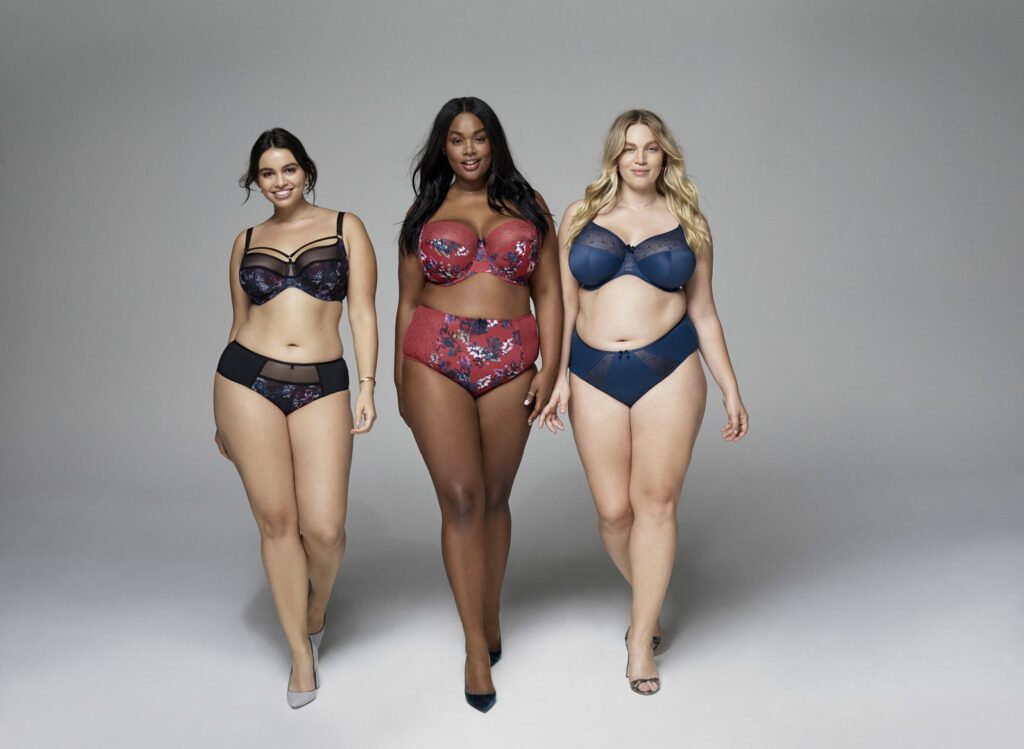
Do not let yourself be bullied out of the conversation! Plus-size folks ARE the modern consumer, with 68% of women-identified customers wearing a size 14 or above.
This holiday season and New Year, it’s up to us to put our dollars into the hands of the folks who actually care about making a difference in the world through ethical practices and safe production – for the modern consumer, the environment and the folks behind the sewing machines.
Make sure you check out these indie size inclusive lingerie brands to support!
What other brands would you like to see on the runway in place of Victoria’s Secret? Comment here!
